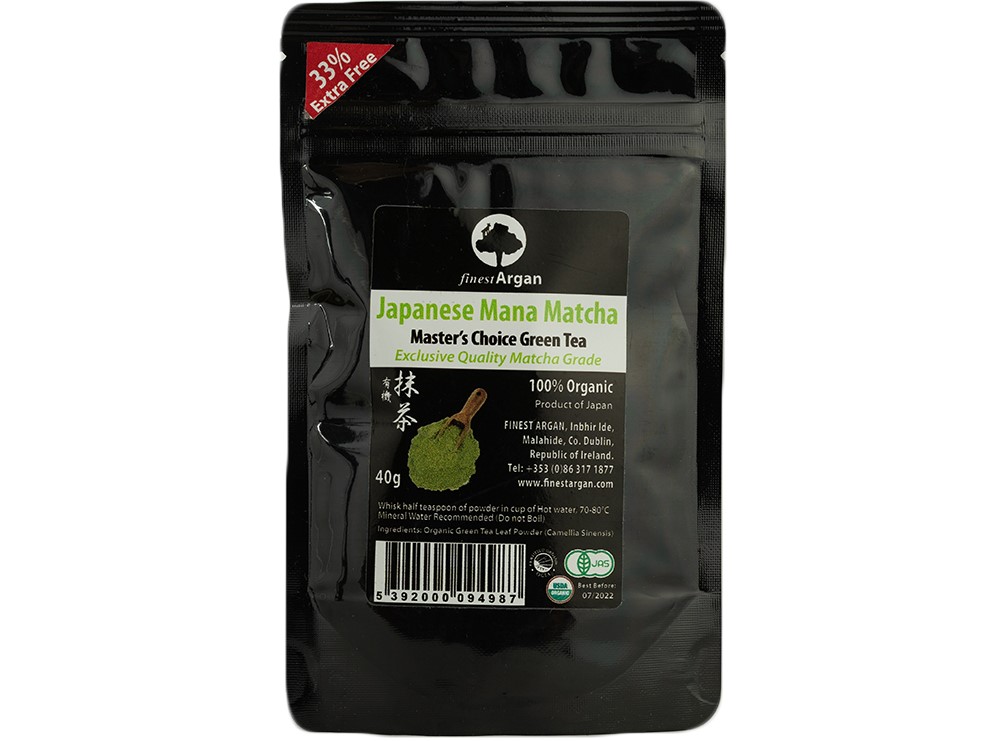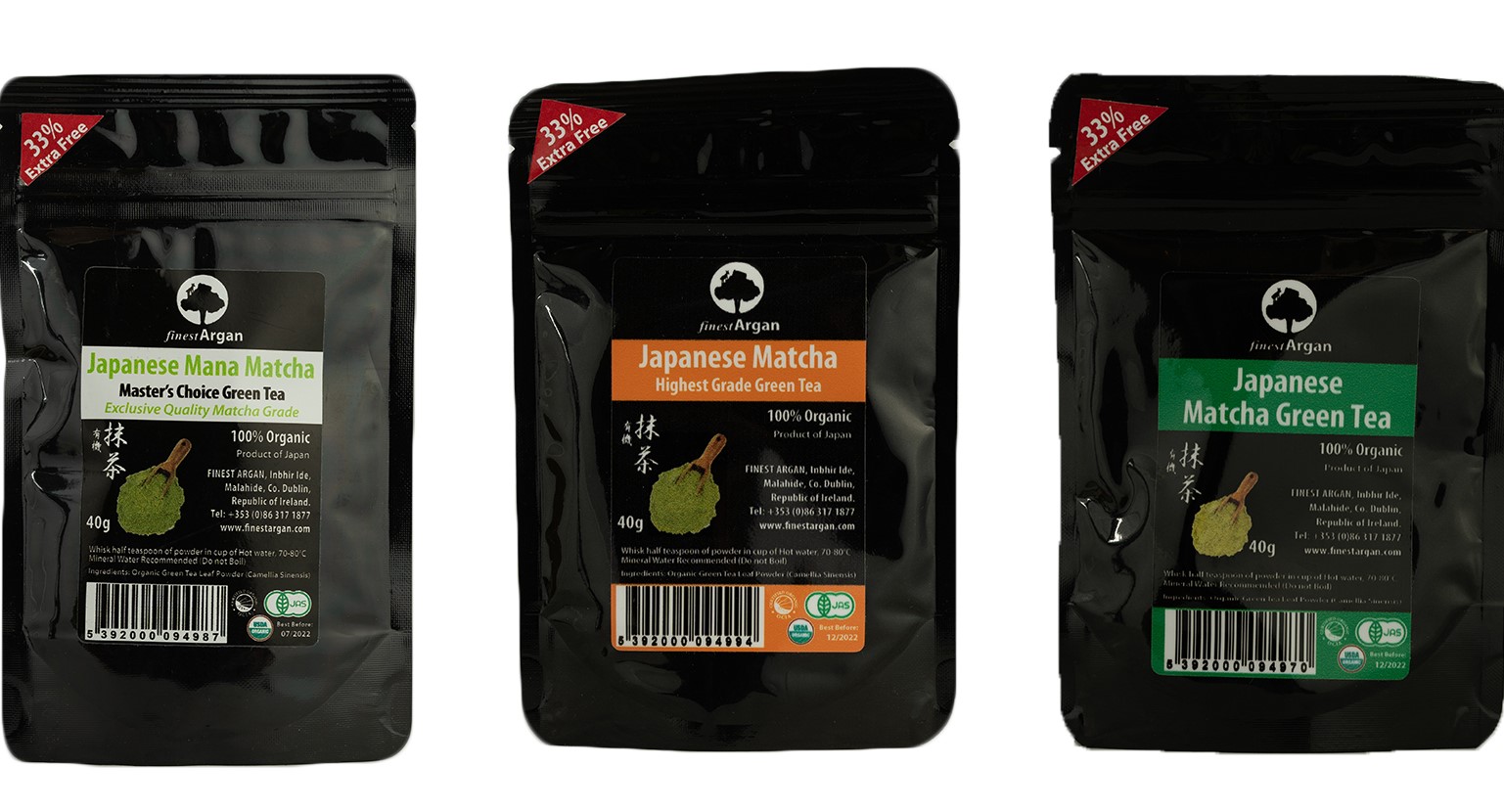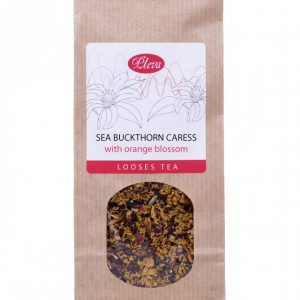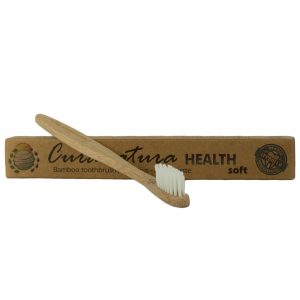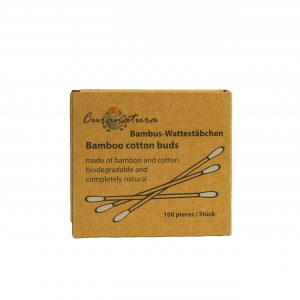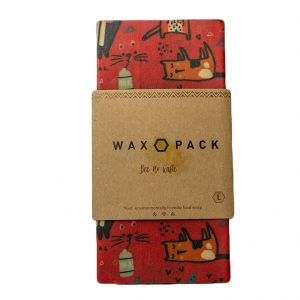Japanese Mana Matcha Tea Master’s Choice
€34.00
- Finest Argan
Mana Matcha-Master’s Choice – 40g
Organic Mana Matcha(Master’s Choice) is our highest-quality grade Matcha. It is very rare; the name “Mana” is written with the Japanese characters “真” and “菜”, and means “Heavenly Tea Leaves”. This delicate tea is, as its name suggests, reserved for the notorious and elaborate Japanese Tea Ceremony. The Mana-grade is sweetest, most vibrant Matcha; our highest quality, it is a bestseller among its peers as a green tea product. Since the tea leaves for Mana Matcha are harvested at their youngest phase, they retain the pleasant flavours and numerous nutrients stored throughout the winter.
Out of stock
Matcha is the healthiest green tea available!
Matcha tea has been consumed in Japan for almost 1000 years, traditionally reserved for royalty, religious dignitaries and spiritual luminaries. Matcha growth and production is a very complex and refined process, specific to the country of Japan. Matcha leaves are handpicked, and only the youngest, tenderest leaves at the tip of the tea plant are harvested. The plants are carefully shade-grown for several months prior to picking, in order to boost chlorophyll content. These precious, extremely green leaves are then inspected, lightly steamed to halt any enzymatic breakdown, and ground to an ultra-fine powder on traditional stone grinders. Matcha is simple to mix and store, and there are virtually no contraindications. Matcha is non-addictive and there are no known ‘withdrawal’ effects. Drink Matcha.your body and mind will thank you!
Health Benefit
Matcha is one of the healthiest forms of green tea, boasting the highest level of antioxidants. During the manufacturing process, the tea leaves (or tencha) are ground into a fine powder to produce matcha; this means that, unlike other teas in which the tea leaf is simply strained, matcha green tea allows the drinker to take in all of the nutrients available—one cup of Matcha tea has the same amount of beneficial antioxidants as ten cups of regular green tea!
- Gluten, Dairy, and Soy-free
- GMO-free
- Rejuvenating and nutritious
- Contains more antioxidants than the average cup of green tea
- Nutrition, Vitamins and Minerals
Mineral and Others
- Polyphenols and Antioxidants
- Caffeine
- Protein
- Zinc
- Potassium
- Copper
- Phosphorous
- Niacin
- Riboflavin
- Thamin
- Floate
- Pantothenic Acid
- Ascorbic Acid
Vitamins
- Vitamin A Beta Carotene
- Vitamin A Retinol Equivalent
- Vitamin B6
- Vitamin C
- Vitamin E
- Vitamin K
Matcha Tea & Skin:
Due to it’s fine, talc-like consistency, Matcha green tea powder is perfect for topical applications such a facial/body masks, cleansers, toners, and scrubs.
Depending on the grade of Matcha used, the particle size ranges from approx. 4 – 9 microns. These fine particles penetrate the top layers of the skin and readily impart the healing benefits of green tea when applied directly.
How to Make Matcha
Measure 1/2 teaspoon (1g) of Matcha into Bowl.
Pour 1/2 cup (100ml) of hot water, 70-80 °C into a bowl (not boiling).
Using a whisk to brush from side to side until a fine foam appears.
Farmland
Located in the pristine, mountainous areas of Uji, Kyoto, and Nara, our organic farmland is well protected from all industrial, nuclear, and urban pollution. Surrounded by trees which block out any remaining pollutants or chemical interference, our farms use no chemicals or pesticides. Our products have passed the rigorous inspections of both the USDA and JAS (Japanese Agricultural Standards), and have been granted with certifications from both.
This is an honour that not many other tea companies can boast.
NET WT. 40g
Related products
-
Curanatura
Bamboo Toothbrush Soft Health
€4.00Original price was: €4.00.€3.60Current price is: €3.60. Add to cart -
Sale!
Out of stock
CuranaturaBamboo Cotton Buds 100 pcs
€4.00Original price was: €4.00.€3.60Current price is: €3.60. Read more

